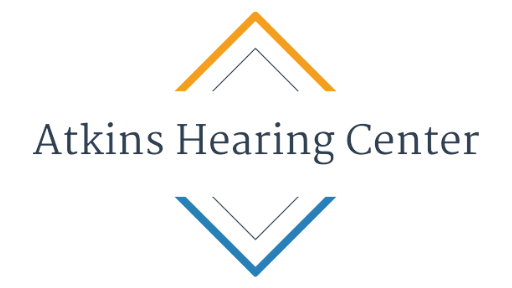
Do Hearing Aids Cause Vertigo?
Shella M.Vertigo, a sensation of spinning or dizziness, can impact one’s quality of life. It is often associated with inner ear problems, such as vestibular disorders. But can hearing aids cause vertigo? In this blog post, we will explore the relationship between hearing aids and vertigo. Continue reading to learn how vertigo can appear in those who use hearing aids.
Common Causes of Vertigo
Vertigo can have many different causes. These include inner ear disorders, head injuries, and certain medical conditions. The most prevalent causes of vertigo include:
- Benign Paroxysmal Positional Vertigo (BPPV). BPPV is due to tiny calcium crystals within the inner ear. They can become dislodged and migrate into the ear’s semicircular canals. Changes in head position can trigger intense bouts of vertigo.
- Ménière’s Disease. This chronic condition affects the inner ear. It causes recurring episodes of vertigo and fluctuating hearing loss. It can also cause tinnitus (ringing in the ears) and a feeling of fullness in the affected ear.
- Vestibular Neuritis. Vestibular neuritis is often caused by a viral infection. Vestibular neuritis leads to inflammation of the vestibular nerve. This condition results in sudden vertigo, balance problems, and difficulty focusing vision.
- Labyrinthitis. Like vestibular neuritis, labyrinthitis is an infection or inflammation of the inner ear. It can lead to severe vertigo, hearing loss, and a ringing sensation in the ears.
The Vital Role of Hearing Aids for Hearing Loss
For those with hearing loss, hearing aids are vital in improving their quality of life. Hearing loss can often lead to issues with communication and social isolation. It can even decrease a person’s cognitive function. Hearing aids help amplify sounds. These make conversations and environmental sounds clearer and more accessible.
Hearing aids can also help to improve balance and spatial orientation. This, in turn, reduces the risk of falls and accidents. They also promote a more active lifestyle. People can engage in conversations, enjoy social gatherings, and take part in activities.
Vertigo and Hearing Aids: The Connection
Hearing aids themselves do not cause vertigo. However, their introduction can sometimes trigger or exacerbate symptoms in certain individuals. This is due to the following factors:
- Adaptation Period. When first using hearing aids, some people may notice a temporary disorientation. This happens as their brains adjust to processing amplified sounds. This adaptation period can sometimes lead to a sensation of dizziness or imbalance.
- Feedback and Noise Reduction Settings. In rare cases, hearing aids may have inadequate feedback or noise reduction settings. Because of this, the hearing aids can generate a distorted auditory input. This can lead to dizziness or discomfort.
- Preexisting Inner Ear Issues. Those with underlying inner ear issues may notice vertigo when using hearing aids. Consult an audiologist to tailor your hearing aid settings to your specific needs.
Contact Us
Understanding the connection between hearing aids and vertigo is crucial. You need to treat your hearing loss and manage your balance and spatial orientation. While hearing aids themselves do not cause vertigo, some may experience temporary symptoms. These symptoms occur most often during the adaptation period or due to some settings.
If you have concerns about vertigo and hearing aids, talk to our specialists. We can provide personalized guidance and adjustments to address your specific needs. With hearing aids, those with hearing loss can improve their hearing and well-being. This allows you to go through life with greater confidence and improved balance.
